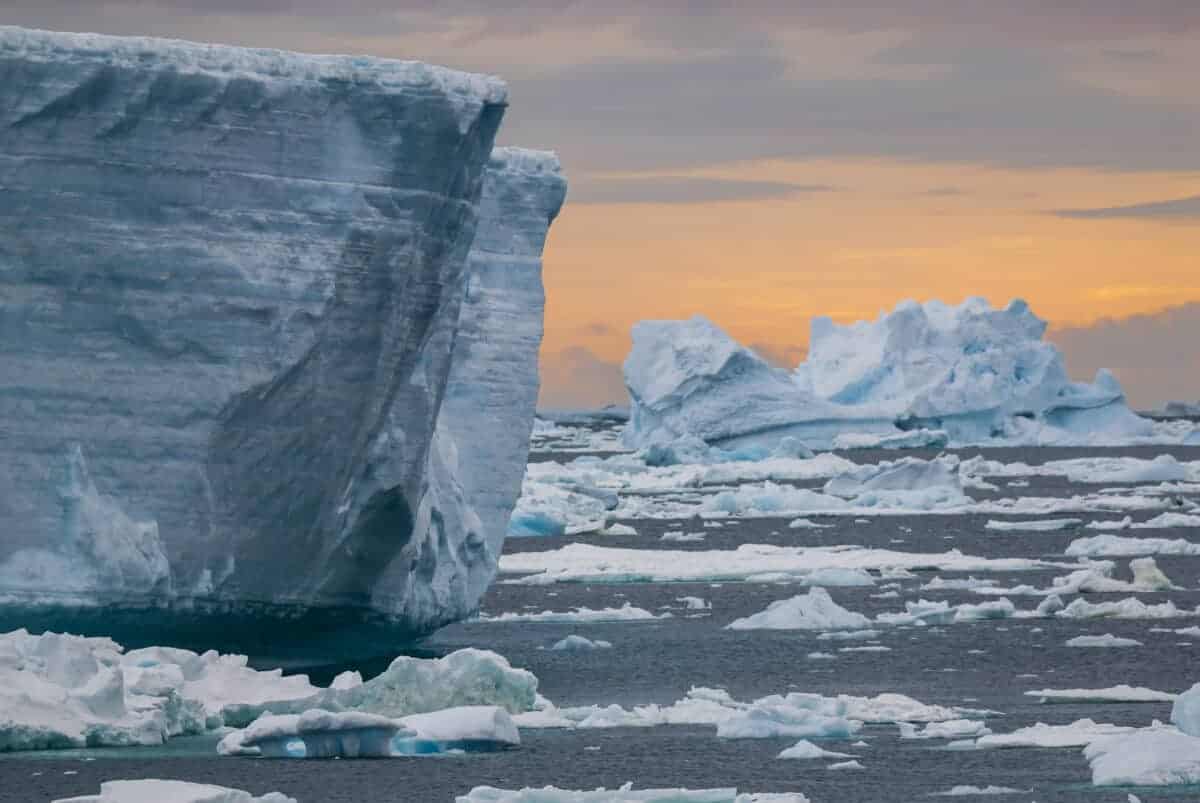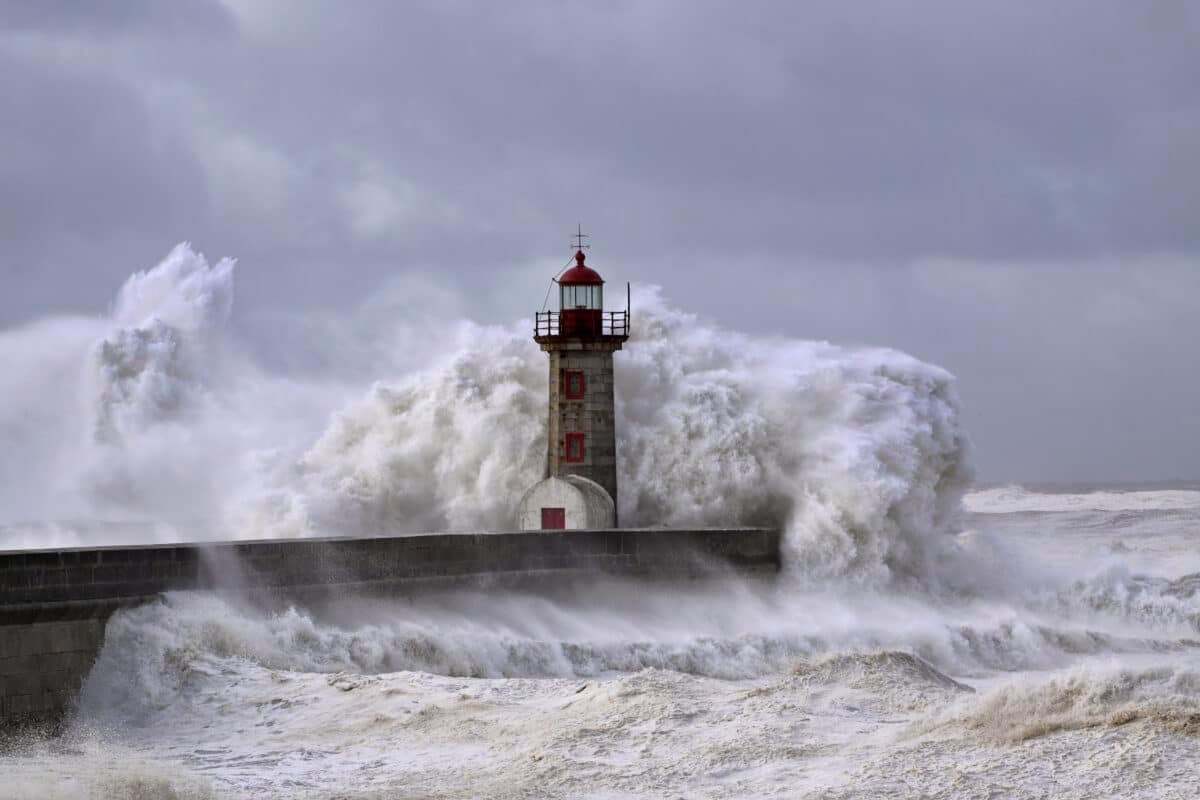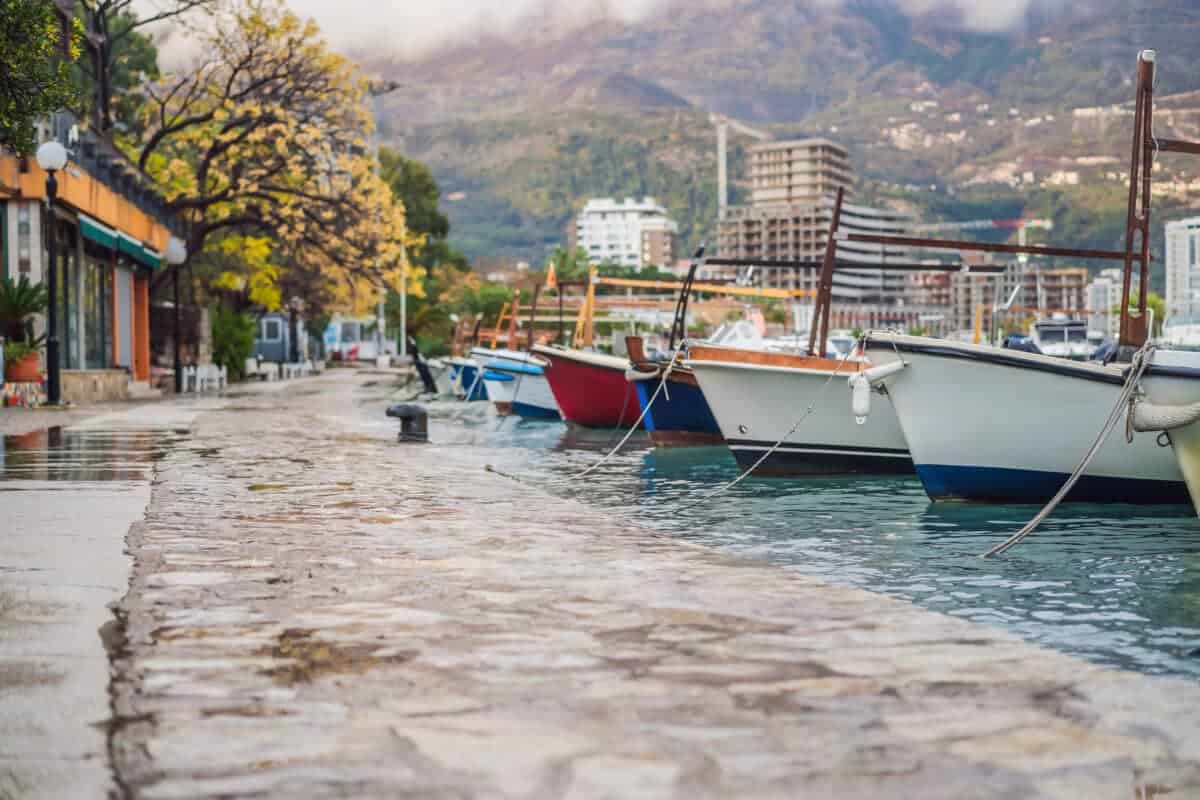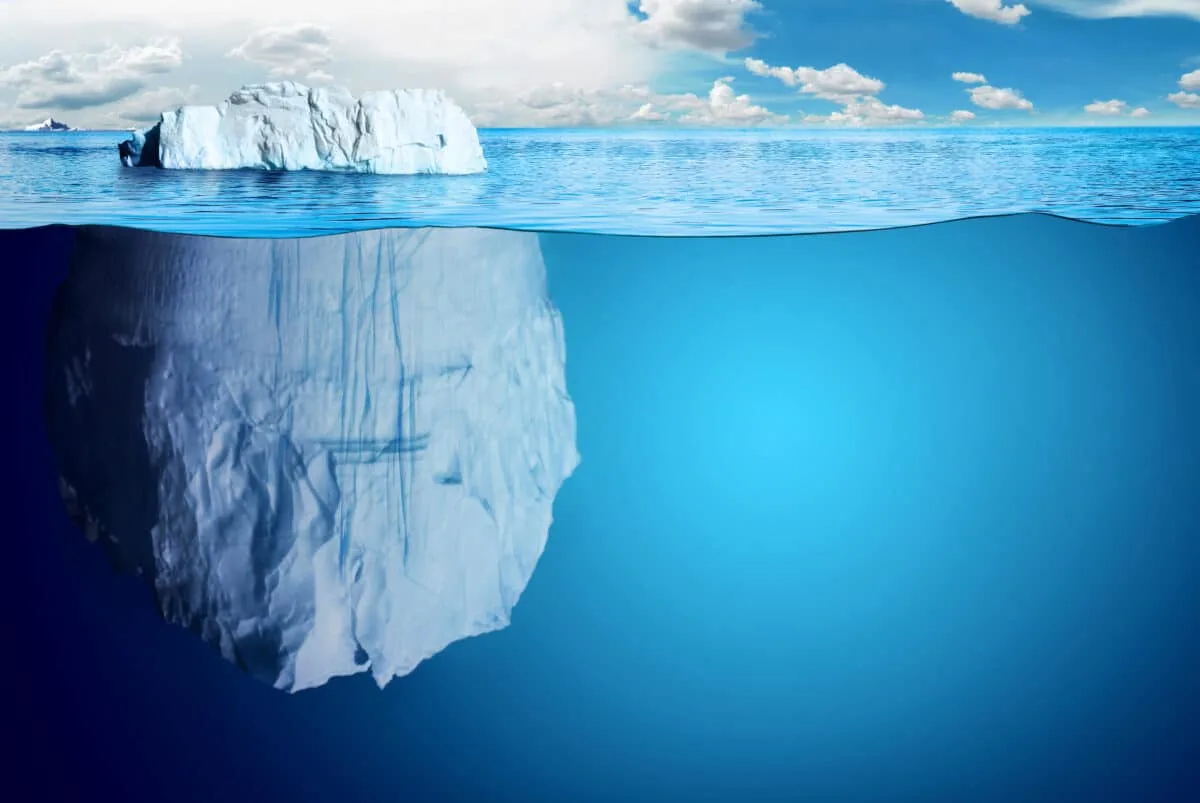For decades, the Antarctic has been experiencing rapid ice melt, leading to significant adaptations among marine animals as they seek new habitats. Glaciers that once stretched across vast expanses have now shrunk to the size of snowballs, contributing to rising sea levels. This alarming trend has set in motion a chain of events that is affecting marine life in profound ways, and the consequences are more dire than we may realize.

Coastal Erosion: How Does it Affect Marine Life?
Imagine the Earth’s oceans as a vast and diverse aquarium, where every species of marine life has its own cozy little corner. These cozy corners have been a haven for countless creatures for eons. However, as the waters expand due to rising sea levels, these corners are slowly being submerged. Just like water slowly creeping up the sides of a fish tank, it’s taking away the safe, familiar spaces these animals have called home.

The Struggle for Sustenance
One of the most immediate and apparent impacts of rising sea levels is coastal erosion. As the ocean waters encroach further inland, coastal habitats like mangroves, estuaries, and salt marshes are being drowned by the relentless tide. These habitats are crucial for the survival of various marine species, offering protection and breeding grounds.

However, marine life is not only losing its homes but also its sources of food. The delicate balance of ecosystems is disrupted when rising sea levels affect the distribution of nutrients and prey. As sea levels rise, saltwater intrudes into freshwater habitats, affecting the populations of fish, insects, and plants that many species rely on for sustenance. Marine animals are on the move, searching for new habitats and sources of food. For example, some species of fish are migrating towards cooler waters in search of suitable conditions.
In this underwater drama, even the smallest of actors play a crucial role. Phytoplankton, tiny marine plants that form the foundation of the ocean’s food web, are struggling to adapt to changing conditions. Rising sea levels disrupt the special balance of sunlight and nutrients they require, affecting the entire ecosystem.

As we continue to pump greenhouse gases into the atmosphere, sea levels will keep rising, and the stress on marine life will escalate.
The urgency of addressing rising sea levels and their impact on marine survival cannot be overstated. It’s not just about protecting the charismatic dolphins and majestic sea turtles; it’s about preserving the intricate web of life that sustains our oceans. We must act now to mitigate climate change and its consequences. Like responsible caretakers of our planet, it’s time to turn off the tap, so our marine friends can continue to enjoy their cozy corners in the ever-changing aquarium of our world.
Join our Forum for free today!

- Second American Killed by Elephant in Zambia This Year - July 22, 2024
- Elderly Man Kills Grizzly Bear in Montana - July 22, 2024
- Missing Cat Found Weeks Later, 40 Miles Away - July 21, 2024

